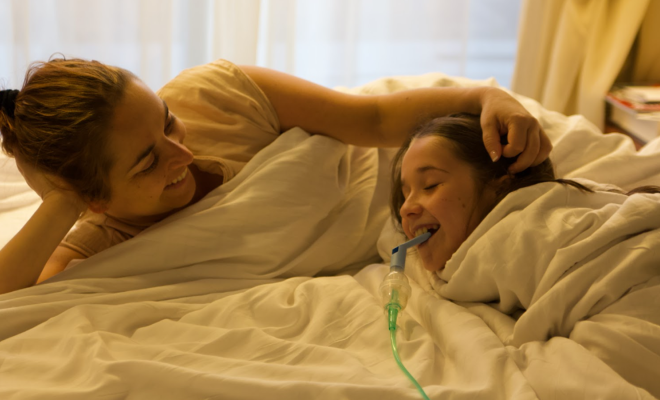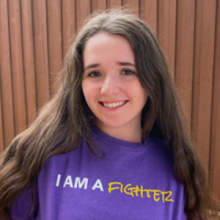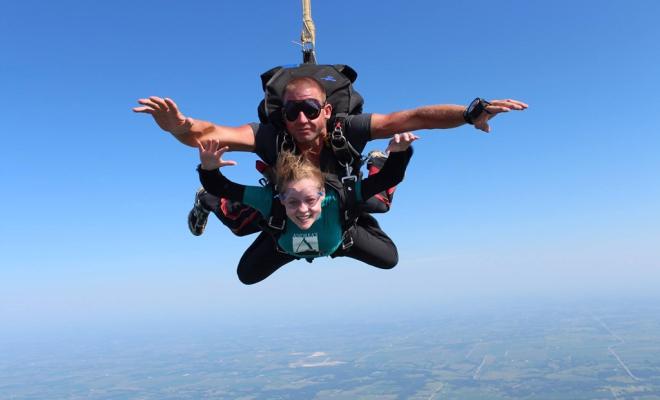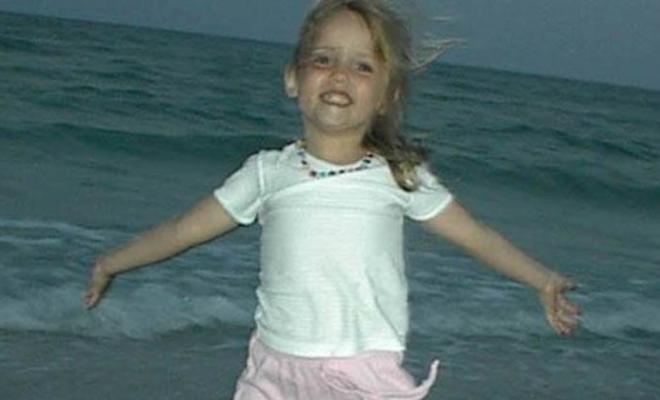Most people with cystic fibrosis are diagnosed at birth. But like I’ve been told my entire life, I am anything but ordinary.
At 4 years old, I began to figure skate. It was clear that I had a talent for it and really loved it. But only a few months later, I got what my parents thought was a basic cold. I had never been sick before and when the coughs and mucus wouldn’t go away, my parents took me to see a doctor.
First, it was pneumonia (five times). I was put on multiple rounds of antibiotics and steroids just for the doctors to come up empty handed. Next, my ENT decided to remove my adenoids. But sadly, removing my adenoids did more harm than good. Simultaneously, my pulmonologist decided that I needed a bronchoscopy. After that, a sweat test was ordered to check for CF. When the test results indicated that my sweat wasn’t in the range of an average person with CF, my parents couldn’t have been more grateful. Even though they were left with more questions than answers, they were glad their 5-year-old child didn’t have CF.
Funnily enough (it’s actually not very funny), my parents’ feelings of relief were crushed when a few weeks later, my doctor called us with the bad news that my blood work had revealed that I did, indeed, have cystic fibrosis.
Quickly after my diagnosis had arrived, my older brother, Alec, was tested. He is five-and-a-half years older than me and had never shown any symptoms. To say the least, everyone was very surprised when he also came back positive for having CF. Since Alec had been asymptomatic for over 11 years, he had grown up healthy. So, while it finally made sense why he would become so out of breath after running, his CF didn’t alter his personal life too much.
So, after over a year of grueling sickness, I was diagnosed. Of the more than 1,000 different mutations of CF, mine was one of the rarest ones. Everything in my life changed. New medications had been ordered, new doctors and treatments were now taking over my life, and a new disease had become my reality. But one thing that stayed the same throughout this whole journey was my love for figure skating.
Prior to my diagnosis, people called my mom crazy for her determination to continue my figure skating despite my extreme coughing fits. Little did everyone else know, my mom was my guardian angel. Figure skating is an extremely difficult and demanding sport. Not only do you need to be strong physically, but your health also needs to be pristine to withstand five-minute-long programs and hour-long training sessions. When I tell people that I’m a figure skater, they’re intrigued. But when I tell them that I’m a figure skater with cystic fibrosis, they’re shocked.
I quickly learned to adapt to being both an athlete and a person with a chronic illness. My coaches were more compassionate toward me and let me take breaks more often. My programs had built-in pauses specifically so I could take a breath. And most importantly, I was given words of encouragement for all of my accomplishments, no matter how minor.
To be blunt, the sport of figure skating saved my life. Not only did it give me an outlet to express all my feelings, but I was also able to train my lungs. It is necessary for people with CF to build up endurance and strength, and thanks to skating, I was able to do so.
I worked so hard to keep myself as healthy as possible, and 10 years after starting the sport I got the honor of being named a Team USA figure skater. I accomplished something that so many people could only dream of, and I did it with poorly functioning lungs.
So, like I said earlier, I’m anything but ordinary. I’m immensely proud to say that I am a CF fighter and will forever be grateful for the doctors, family, and friends who have fought so hard and continue to fight for my success.
Interested in sharing your story? The CF Community Blog wants to hear from you.





